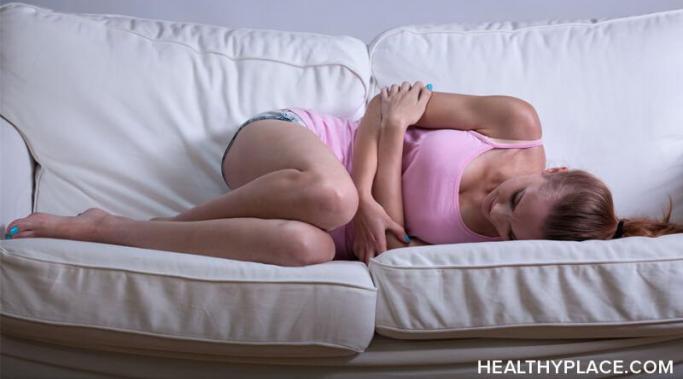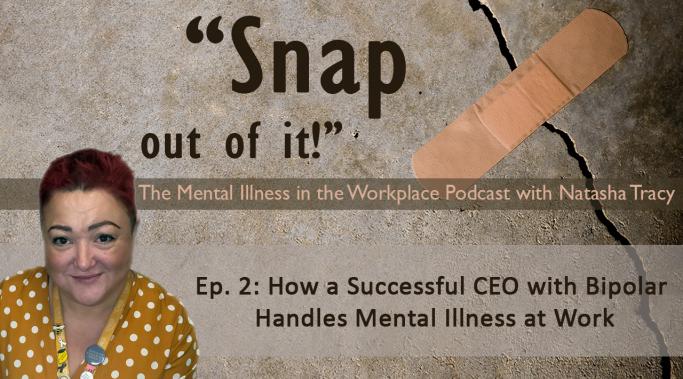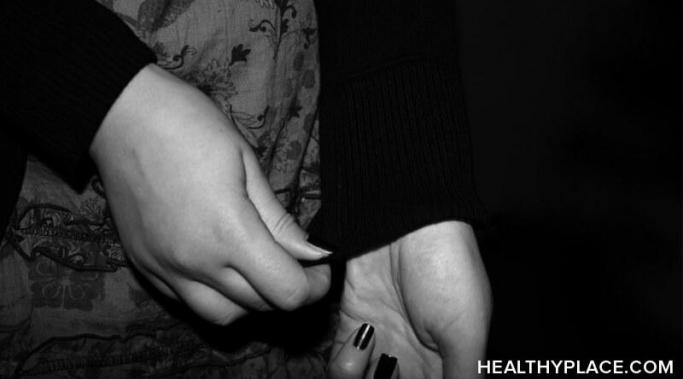Blogs
My birthday is coming up this week, and I've been writing and reflecting in preparation for it. When I reflect on my last year, so much change has happened, but those changes aren't obvious or visible from the outside. This is the reality of going through recovery from eating disorders like binge eating disorder (BED). There are so many emotions, habits, thought patterns, and behaviors to change, and these massive internal changes aren't easy to see from the outside.
In our society, people are shamed for not having a positive outlook. In fact, I just read a comment on LinkedIn that said, "Maintaining a positive outlook, ALWAYS, is so very important. Always look for that silver lining. Trust me, in the end, everything is exactly where it should be." And that sums up how many people feel about a positive outlook: it's critical, and something's wrong with you and your line of thinking if you don't have a positive outlook.
No matter how much someone covets mental illness recovery, some part of it feels scary. My struggles with mental health started when I was very young, and there were years and years when I was desperate for recovery—but I was also terrified of it. From what I’ve seen, my experience and feelings are not uncommon, so I want to take a closer look at that.
"Snap Out of It!" is honored to have spoken with Saskia Lightburn-Ritchie, the Chief Operating Officer (CEO) of My Cheshire Without Abuse (My CWA). Saskia lives with bipolar disorder, and she is proving every day that it's possible to be successful even with a serious mental illness.
Recently, a report by the U.S. Preventive Services Task Force recommended that every adult under 65 be screened for anxiety by their primary care doctors (family doctors). When I first saw the headline, my initial response was, "Well, that's stupid. You go to the doctor when you're sick, and people know when they're sick." But, upon second thought, I realized this was wrong. Screening for anxiety in general doctor's appointments does make sense.
Many of us dream of the day we are completely self-harm free. But does such a thing as a self-harm cure exist?
As a victim of verbal abuse for many years, I am no stranger to feeling like running away. This stress response will typically appear after I've hit the point of burnout and feeling that the only way to escape unfavorable circumstances is to leave physically. As a teenager, multiple times, I left my home and sought refuge with a friend, only to return again and face the consequences of my actions. Unfortunately, this pattern followed me into my adult life.
“You are not alone” is a common phrase within the mental health community. I suspect it means a lot of different things to a lot of different people, but here’s what it means to me and my schizoaffective disorder.
Self-harm is not avant-garde. Depression is not mysterious. I know these two statements to be facts, so why do some forms of media want us to believe otherwise? On the one hand, maybe I should be grateful. Maybe I should be grateful that topics such as suicide are even portrayed on television or in movies. Why, then, is the predominant emotion not gratitude but sheer anger? (Note: This post contains a trigger warning.)
I've heard a lot about self-sabotaging or being self-destructive when it comes to anxiety, but somewhere along the way, I've convinced myself that I don't do that. I've convinced myself that I don't do things that prevent me from taking advantage of an opportunity or being in line with my goals. Has this been a form of self-sabotage in and of itself? I honestly believe so. Because when I take the time to think about it, I can think of many times in my life when I've purposely taken actions -- or not taken actions -- that weren't consistent with things I have wanted for myself, and anxiety was behind it.









